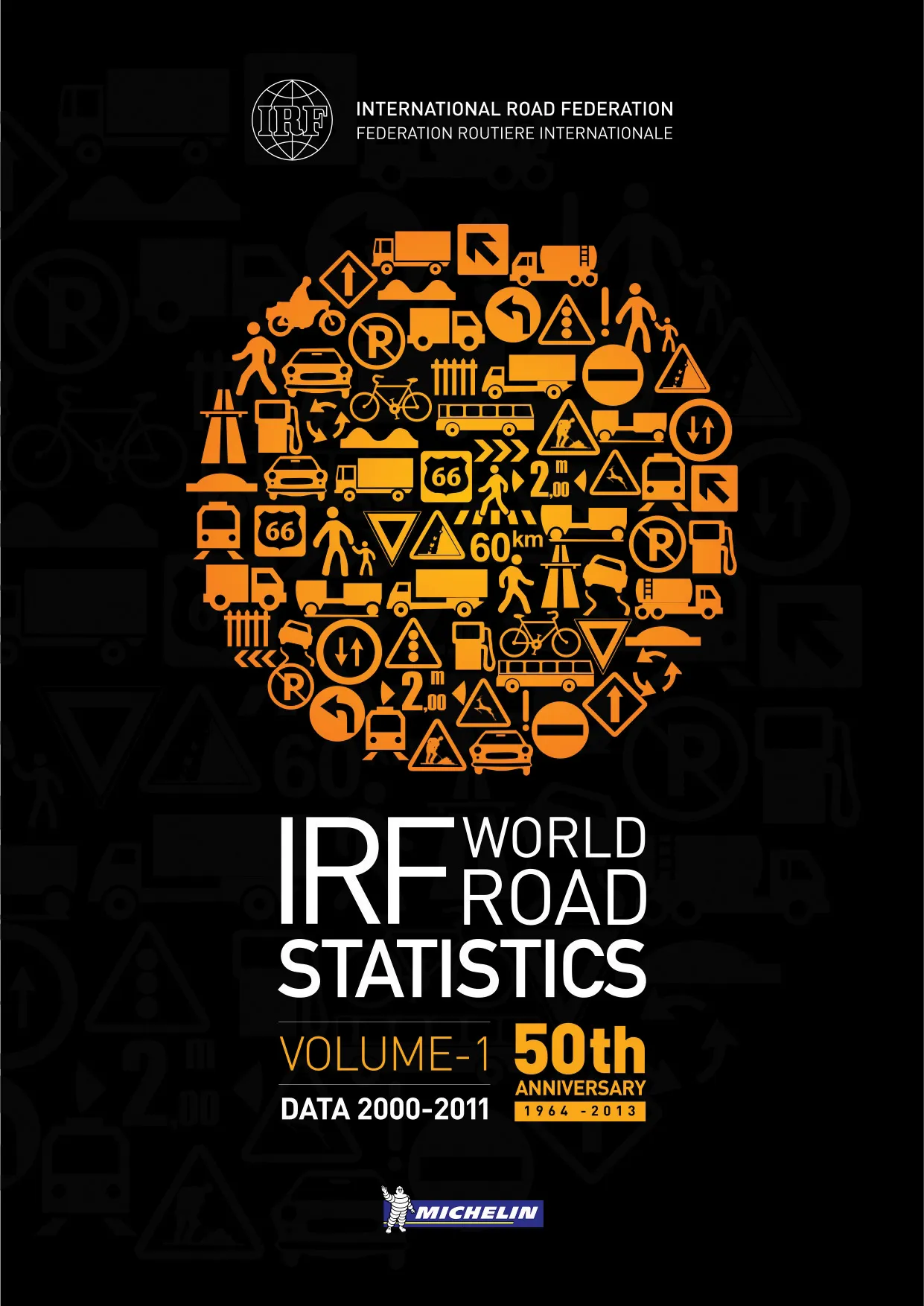The health benefits to society from cycling outweigh negative impacts by up to a factor of 20, according to the International Transport Forum (ITF) at the Organisation of Economic Cooperation and Development’s (OECD) latest research report ‘Cycling, Health and Safety’.
The report, published at a time when many cities are seeking to increase the share of cycling amidst concerns for safety, shows that the key to delivering overall benefits from cycling is creating a safe system through government policy and
February 19, 2014
Read time: 1 min
The health benefits to society from cycling outweigh negative impacts by up to a factor of 20, according to the 1102 International Transport Forum (ITF) at the Organisation of Economic Cooperation and Development’s (OECD) latest research report ‘Cycling, Health and Safety’.
The report, published at a time when many cities are seeking to increase the share of cycling amidst concerns for safety, shows that the key to delivering overall benefits from cycling is creating a safe system through government policy and city action.
Among the recommendations for policy makers is the moderation of some urban road speeds to 30km/h or less, and the use of separated cycling infrastructure to increase the number of new cyclists. Attracting new cyclists gains the greatest health benefits through increased physical activity, including reducing risks linked to cardiovascular disease, obesity and Type-2 diabetes.
The report, published at a time when many cities are seeking to increase the share of cycling amidst concerns for safety, shows that the key to delivering overall benefits from cycling is creating a safe system through government policy and city action.
Among the recommendations for policy makers is the moderation of some urban road speeds to 30km/h or less, and the use of separated cycling infrastructure to increase the number of new cyclists. Attracting new cyclists gains the greatest health benefits through increased physical activity, including reducing risks linked to cardiovascular disease, obesity and Type-2 diabetes.









